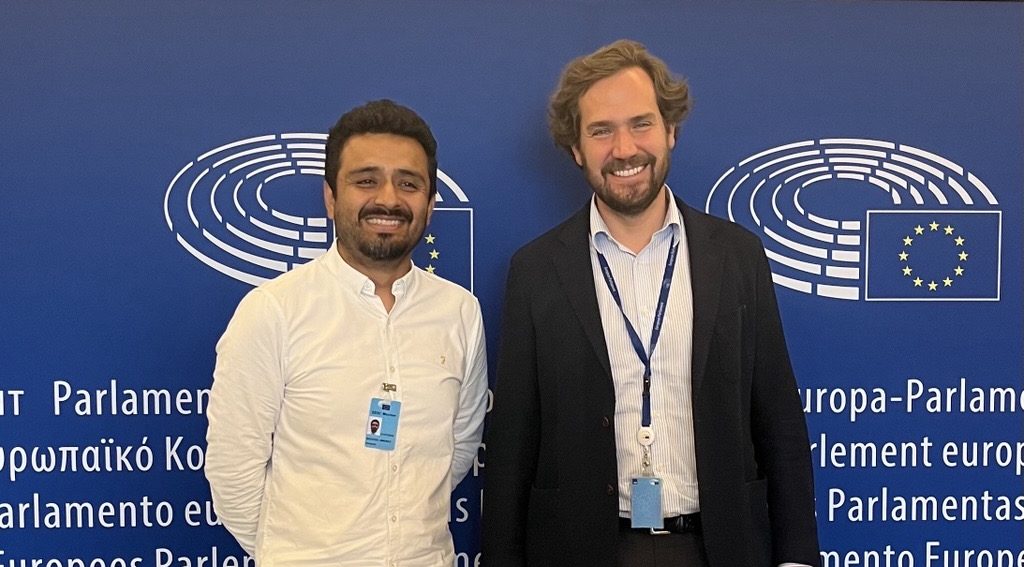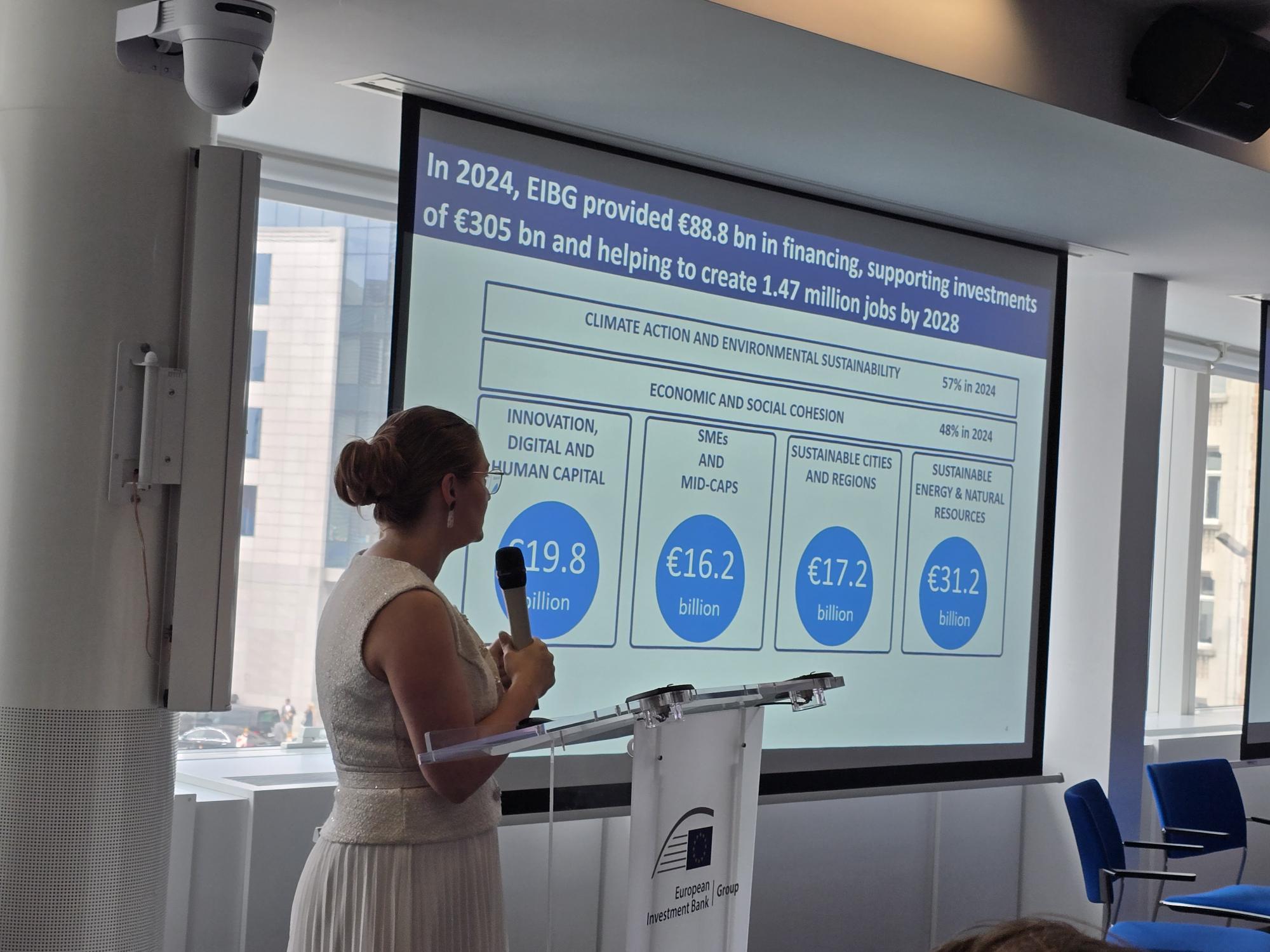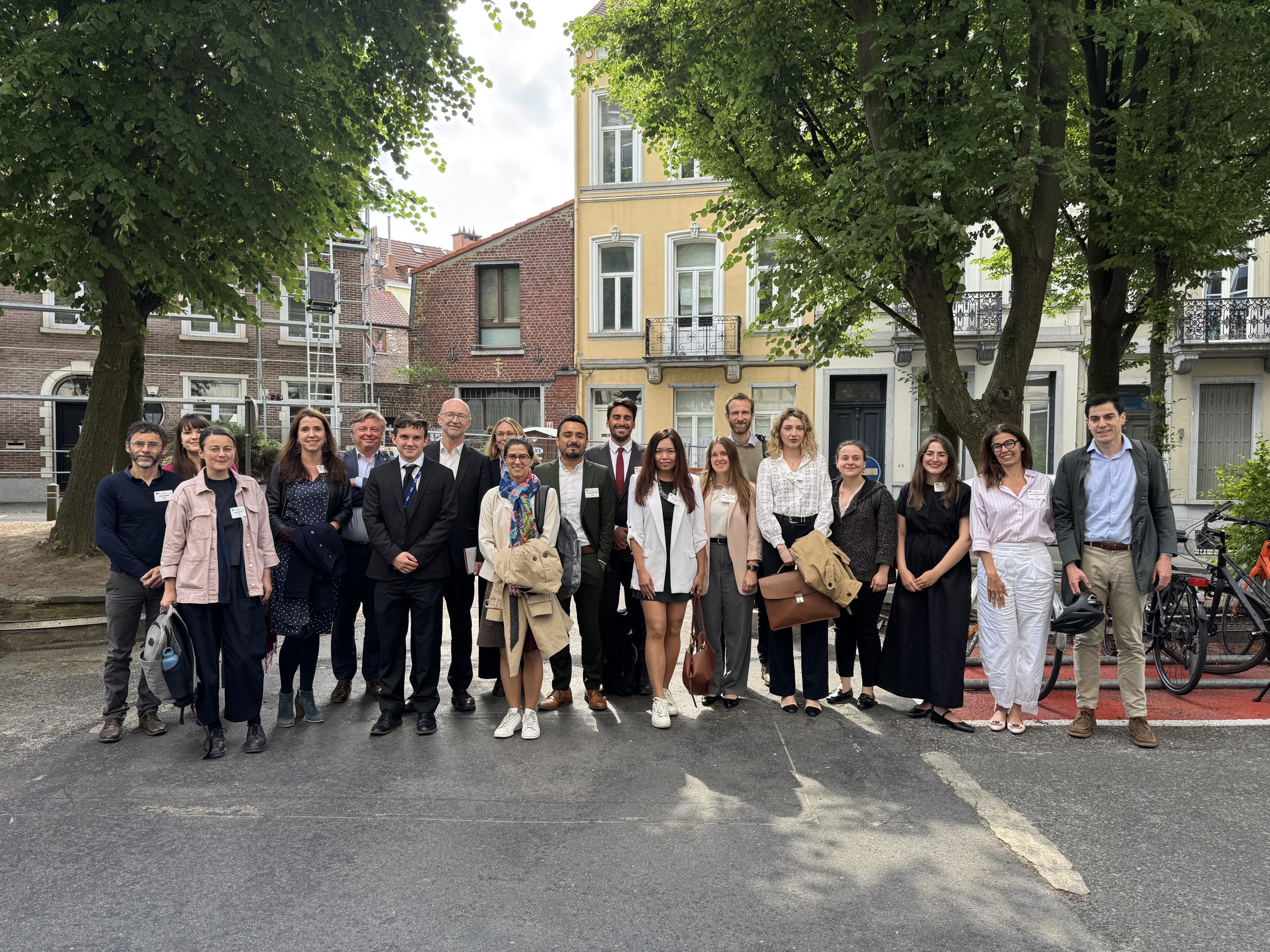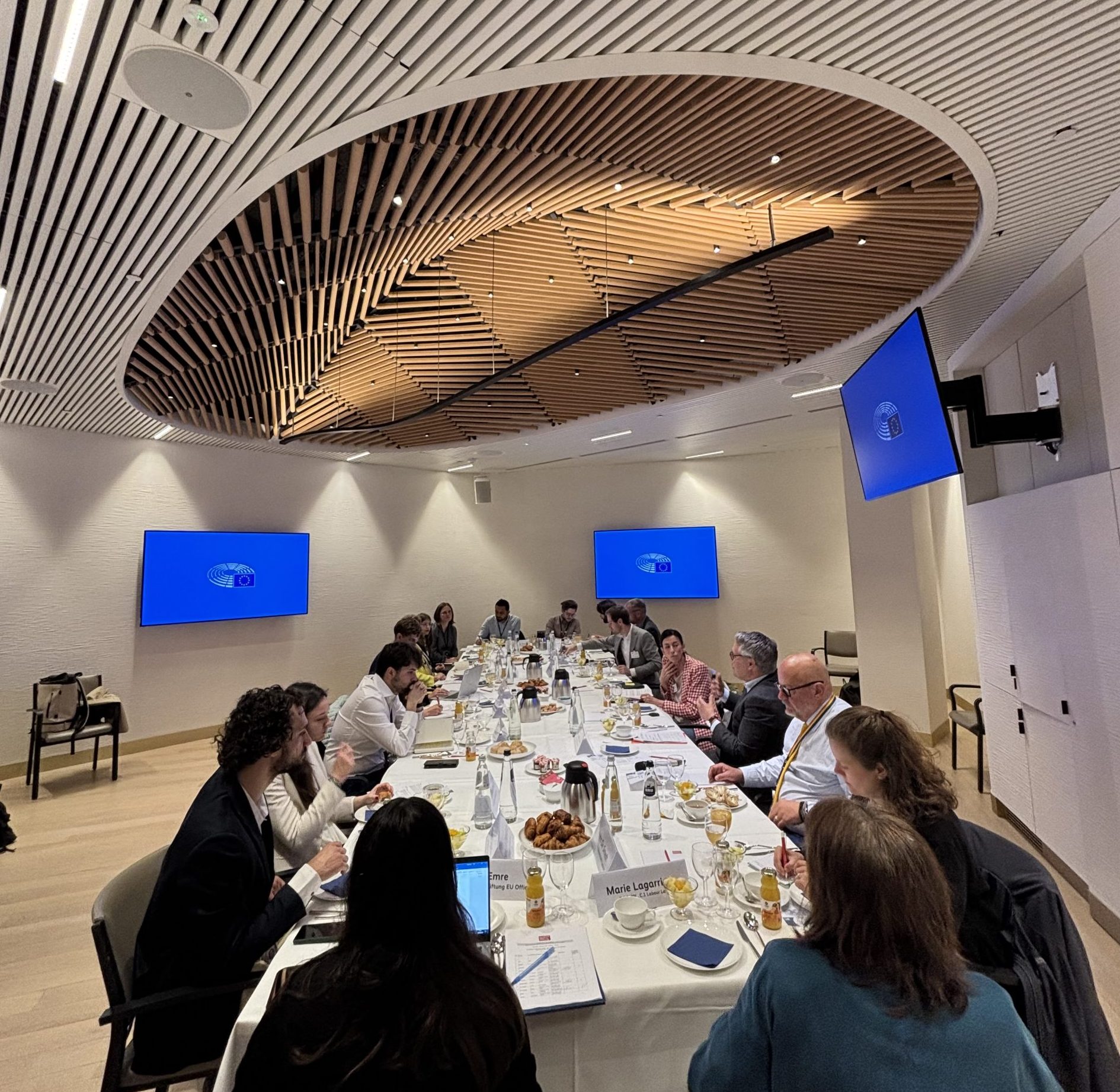
Priority 2
To achieve an inclusive labour market and a strengthened skilled 02 workforce, we need to:

- Trigger a reconsideration of vocational training and manual trades in the EU society for a renewed image of construction as a leading force in the green transition.
- Identify the skills needed for a more sustainable construction sector at national and local level in all Member states.
- Reform national and local construction training programmes and streamline vocational education and training across Europe.
- Financially support SMEs to invest in upskilling and reskilling taking into account the natural strengths and limitations of small companies and crafts.
- Enable a frequent dialogue between construction companies and training providers leading to a better match between market needs and training offer and a showcase of good practices in dual training.
- Foment and develop targeted initiatives and incentives for underrepresented groups like young people and women to join the construction workforce, focusing on their participation in micro and small enterprises.
- Improve the detection of manual and entrepreneurial talent and orientation towards construction, through support and guidance provided by the EU.
- Promote and implement specific policies and programmes for the inclusion of EU and third-country migrant talent in the construction sector, through curricula schemes, language support and cultural integration initiatives.
Related News

Housing: EBC meets MEP Borja Giménez Larraz to discuss upcoming HOUS Report
July 2, 2025
Read more

Skills: EBC attends high-level session co-hosted by the EIB and Schuman Associates
June 20, 2025
Read more

Housing: European Housing Forum meets the European Commission’s Housing Task Force
June 3, 2025
Read more

Skills: EBC attends Cedefop’s 50th Anniversary Conference “Shaping Learning and Skills for Europe”
May 28, 2025
Read more

Health & Safety: EBC receives Campaign Partner Certificate at EU-OSHA Healthy Workplaces Campaign Event in Brussels
May 23, 2025
Read more

Subcontracting: EBC in S&D event on regulation of subcontracting chains at European Parliament
May 23, 2025
Read more
